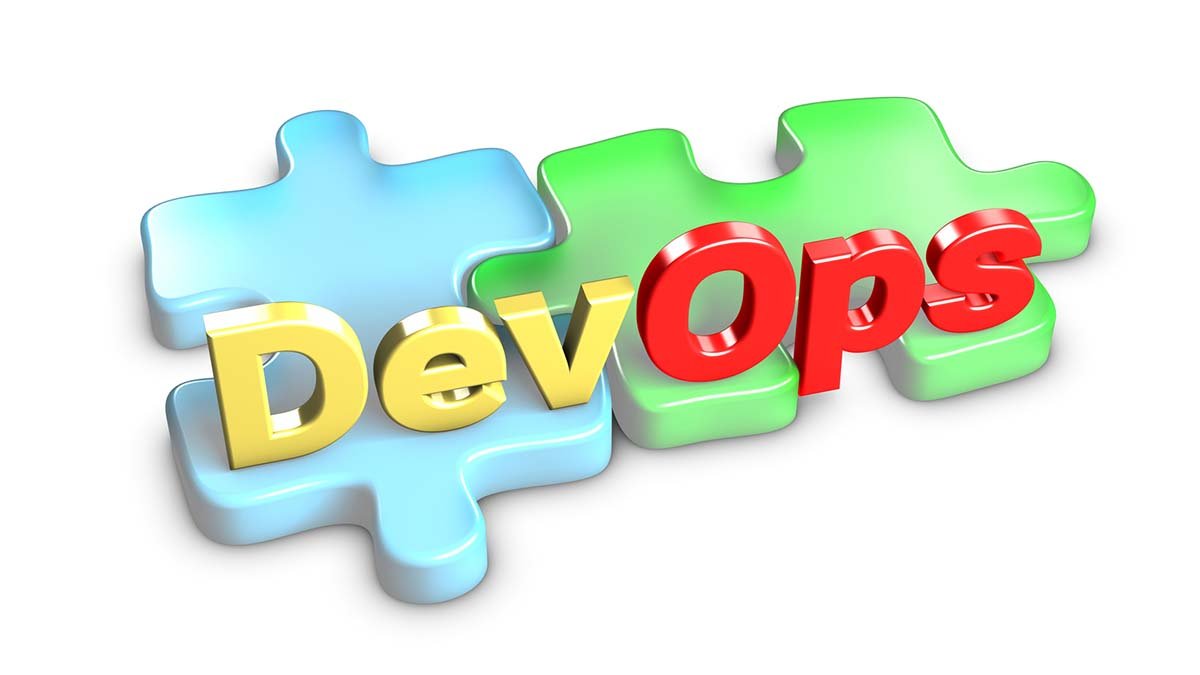Great tips for all individuals that desire to pursue careers as DevOps engineers to ensure that you easily overcome all the challenges associated with this area and attain success.
DevOps engineers are one of the most popular employment positions in the tech industry. Many enterprises are experiencing a shortage of individuals with adequate technical skills. Apparently, this stems from the collective effects of the automation of business processes and the growing digitization as well as digital skills shortage during the pandemic period. As a result, it created an environment where retraining as a DevOps engineer was one of the rewarding careers move 2022.
It is vital to note that the role is currently regarded as the fourth-best employment opportunity in the United States based on Glassdoor’s yearly ranking. On the same note, the significant progress is not limited to a single country since different companies, such as those based in Singapore, have witnessed a salary increment by a fifth amidst a period of venture capital investment.
Retraining into an entirely new career is an important life choice that can be regarded as overwhelming to most and might lead people to get stuck to different roles that offer little to no prospects and a lower salary in spite of being more than suited to work in DevOps. In this article, Peachy Essay a top research paper writing company explains what DevOps is and what engineers in this field do, plus offer tips on how to become a DevOps engineer.
The meaning of a DevOps engineer
A DevOps engineer is a tech professional who better understands the software development lifecycle. Six-stage processes guide software development and use different engineering tools and techniques to solve operational challenges and develop pipelines. One of the fascinating things about being a DevOps engineer is that it requires a depth of knowledge and years of experience in various open-source tools and technologies.
DevOps engineers are gurus in coding, integrating, scripting, and testing. In other words, they have a wide range of skills in data management. DevOps engineers are also regarded as Special Forces because of the essential and core attributes they possess around collaboration, open communication, and reaching across functional borders.
Roles of a DevOps
DevOps continuously monitor the various features used to develop and deliver apps. They are also responsible for allowing the users to have the required access, growing the database to meet their business needs, and monitoring the management of various workflow processes. Their responsibility also requires testing and automatic deployment monitoring. DevOps guarantees the security and integrity of the software the company deploys.
They seek out and resolve issues that could lead to the infringement of sensitive business information. DevOps engineers also work with cybersecurity teams to ensure compliance with existing enterprise protocols. It is essential to note that modern DevOps usually use various automation tools to help you deploy your code smoothly in different kinds of environments.
DevOps engineers need to understand how to use automation to get rid of manual procedures and make their software development lifecycle more efficient. As the name implies, DevOps engineers encourage communication between development and operations teams to improve product quality and streamline workflow. They are in charge of ensuring that new software code and products are released and used efficiently.
DevOps engineers generally devote a significant portion of their time to studying new technologies that can help them save time and money. They deploy scalable applications and link the application deployment process with infrastructure. As an individual, you will need to have technical and interpersonal abilities to become a DevOps since you will work as a catalyst for breaking down operational and communication barriers between the operations and development teams in enterprises.
The DevOps engineer profession is often a senior one that necessitates substantial industry knowledge. As a result, companies may favor candidates having a tertiary degree in computer science or a similar discipline as well as industry experience. To become a DevOps engineer, you might take several different paths.
How to become a DevOps?
DevOps Engineer, which is one of the most in-demand careers, is showing no signs of slowing down. The need for DevOps Engineers has surged by 40-45 percent in the last three to four years, and the number is rapidly increasing. On the other hand, DevOps is a difficult job that necessitates a diverse skill set, extensive experience, and in-depth knowledge of the area.
There is little doubt that the demand for DevOps will continue to rise. So, if DevOps is something you want to pursue as a career, you’re on the correct route. We’ll teach you everything you need to know about being a DevOps Engineer from the ground up.
The first step of becoming a DevOps is earning a bachelor’s degree. Assume you want to work as a DevOps engineer. In that scenario, acquiring a bachelor’s degree in a field linked to math, computer science, or electronics engineering with a concentration in software development is a natural first step.
The second step is earning a master’s degree. You can boost your chances of becoming a DevOp by earning a master’s degree in software development. This way, you will gain knowledge of programming, innovative technologies, and other facets of software design. According to researchers at codesorbit, you should consider pursuing an online course if you are a working professional since it will assist you in balancing your education and job. The third step is acquiring the necessary skills.
DevOps is a broad term that encompasses nearly all technology and processes. As a result, technical abilities are essential for obtaining employment. As a DevOps engineer, individuals must use various software and plugins for a continuous integration and delivery (CI/CD) pipeline. By producing code, executing tests (CI), and securely releasing an upgraded version of the software, the CI/CD pipeline automates the software delivery process (CD). Automation Pipelines help eliminate manual errors and speed up merchandise iterations.
In conclusion, an individual will need interpersonal and technical abilities to work as a DevOps engineer. This skill set has the potential to break down operational and communication barriers that have traditionally existed in IT hence leading to a decreased deployment of software that thereafter subject an enterprise to the danger of losing its competitive advantage.



![Read more about the article [Tips 2023] How To Test A Motherboard Without A CPU?](https://wuschools.com/wp-content/uploads/2022/07/Test-A-Motherboard-Without-A-CPU-300x169.jpg)
